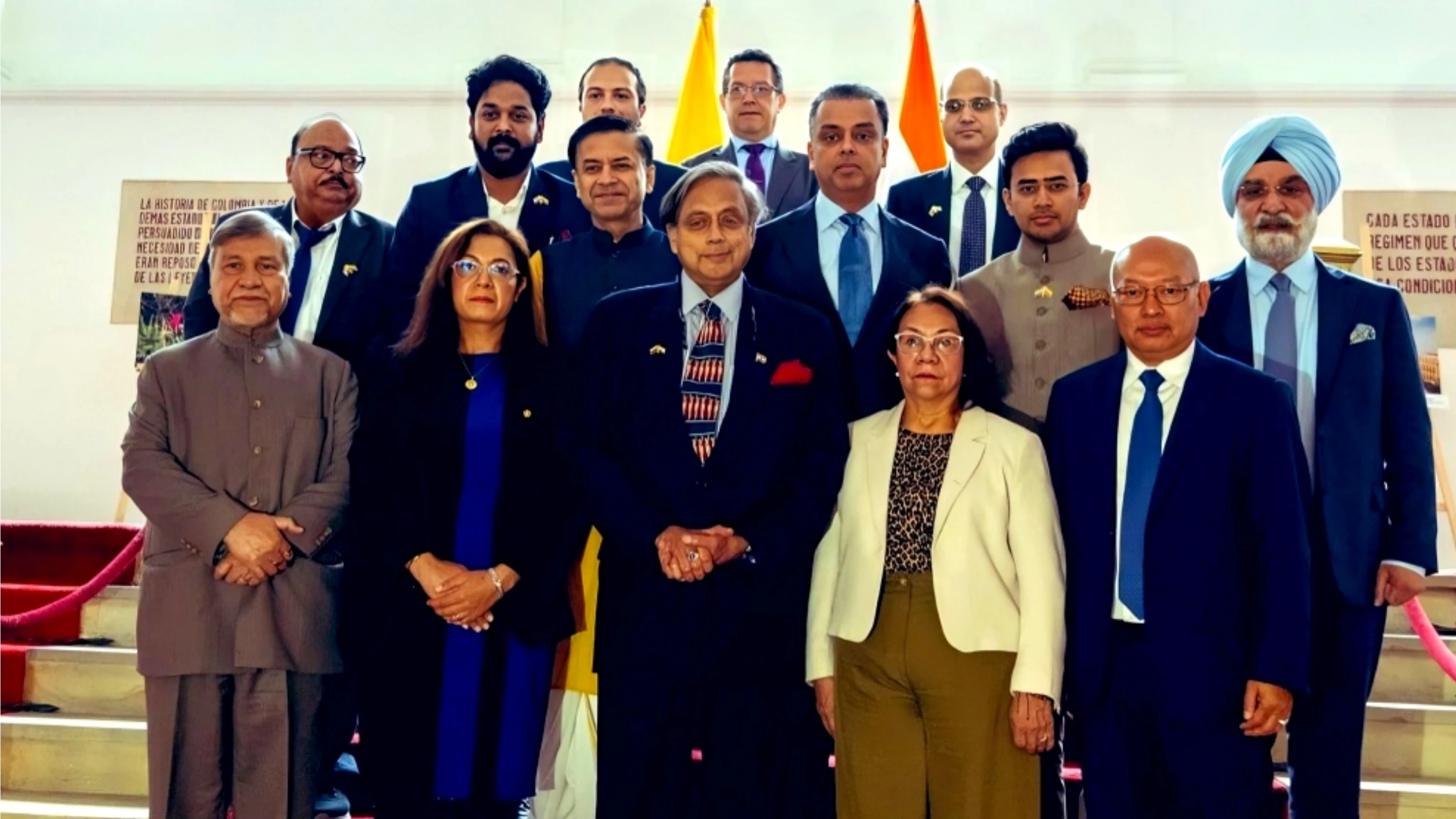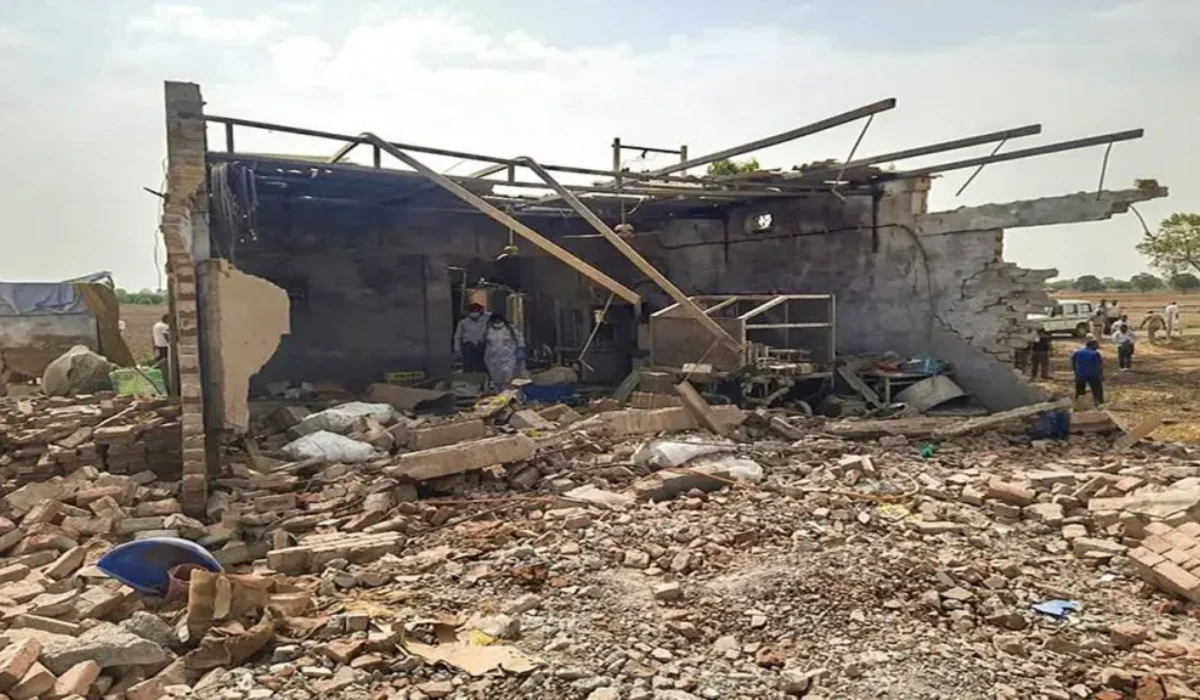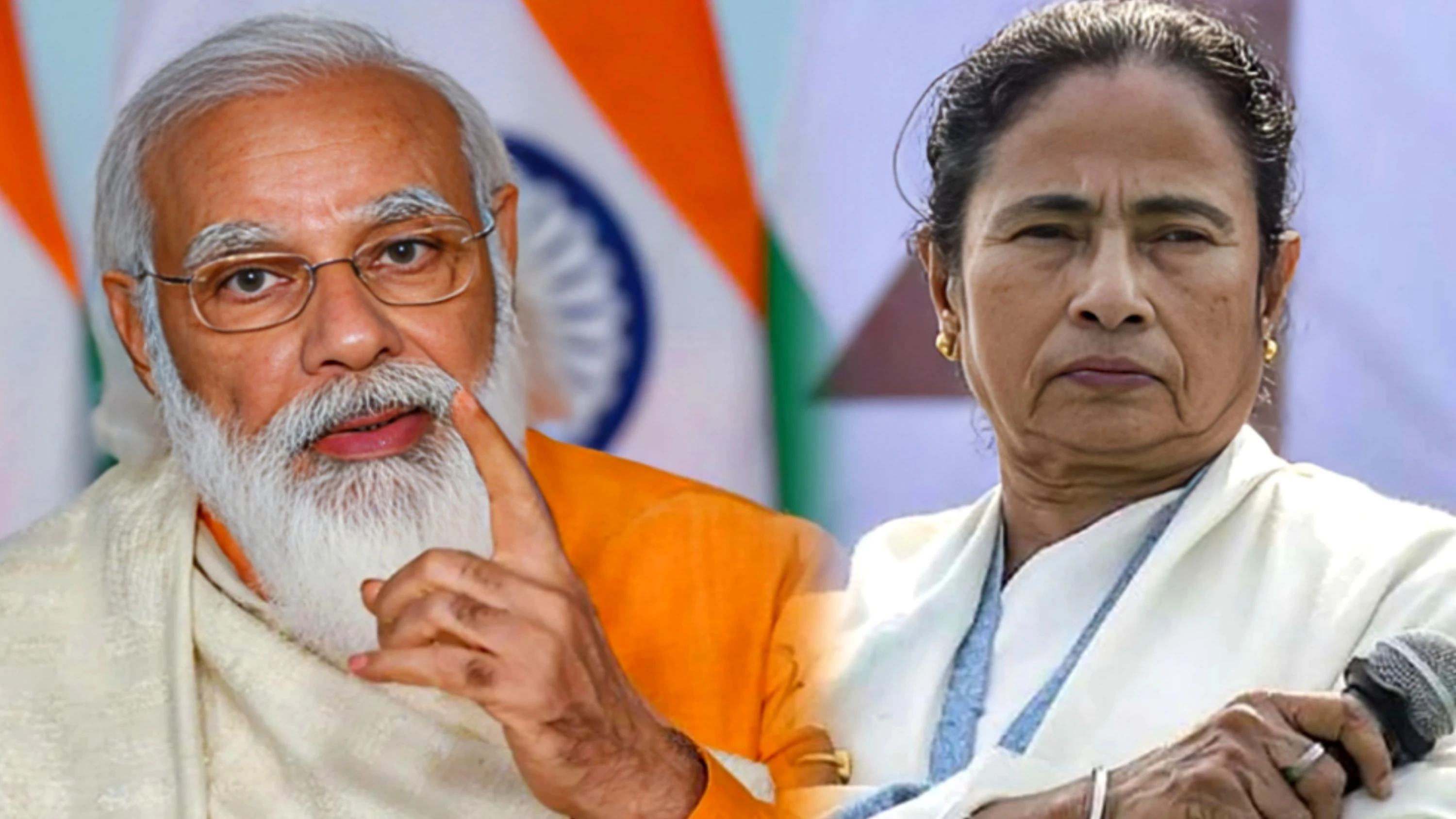New Delhi: In a recent press conference, India’s Director General of Military Operations (DGMO), Lieutenant General Rajeev Ghai, revealed details of Operation Sandur, a targeted military operation against alleged terrorist camps across the Line of Control (LoC).
General Ghai claimed that following the operation, India attempted to contact Pakistan's DGMO to inform them of the alleged anti-terror actions, but the request was immediately rejected. Pakistan reportedly responded with a message indicating that a strong reply was inevitable, for which India was prepared.
According to General Ghai, on the night of May 9, Pakistan initiated cross-border violations using drones and aircraft, attempting to strike Indian military infrastructure, but the attempts were unsuccessful. In response, India retaliated to these violations. Intelligence agencies confirmed the presence of terrorists in nine camps across the border.
"Our objective was clear – to eliminate terrorists while avoiding collateral damage. I have no doubt that over 100 terrorists, including high-value targets like Yusuf Azhar, Abdul Malik Rauf, and Mudassir Ahmed, were killed. These individuals were involved in the IC 814 hijacking and the Pulwama attack," General Ghai asserted.
He also accused the Pakistan Army and Air Force of multiple ceasefire violations, stating that a formal communication had been sent to Pakistan’s Military Operations Directorate on this matter.
Air Marshal A.K. Bharti, who also addressed the press, shared footage of Indian airstrikes under Operation Sandur targeting terrorist camps in Bahawalpur, Muridke, and other locations. "Our focus was strictly on these camps, not on any other infrastructure or Pakistani military installations," Air Marshal Bharti emphasized.
Air Marshal Bharti further stated that on the evening of May 7, Pakistani drones attempted to infiltrate Indian airspace, targeting both civilian and military areas, but these attempts were thwarted. He clarified that Indian strikes on radar installations near Lahore and Gujranwala were a warning signal of India’s preparedness but were not meant to escalate tensions.
"Our conflict is with terrorists, not with the Pakistani military establishment," Air Marshal Bharti maintained.
When questioned about the impact on Pakistani military personnel, Air Marshal Bharti responded, "Our mission was to target the camps, not to count bodies of Pakistani soldiers.







